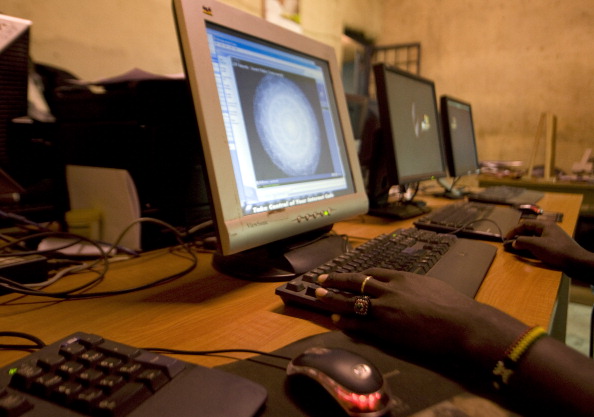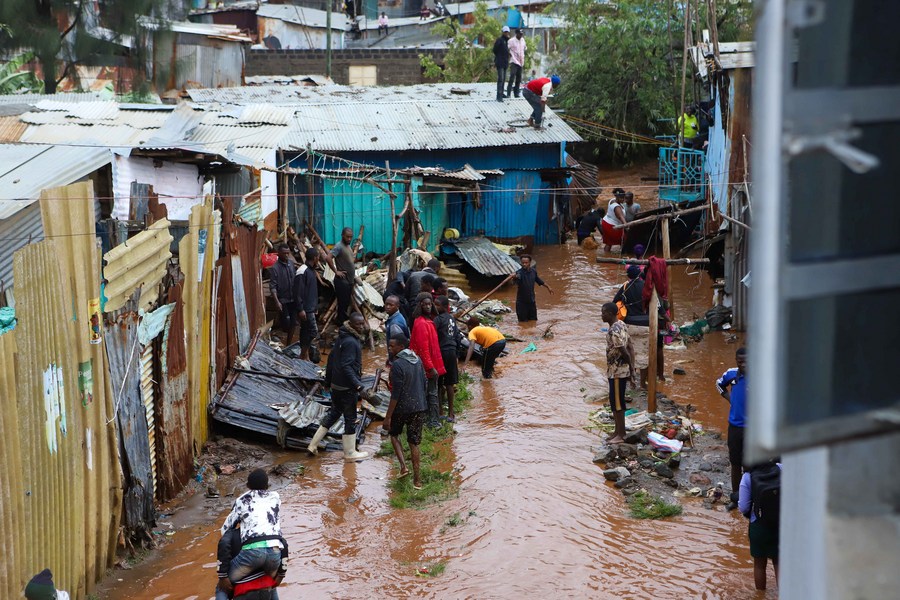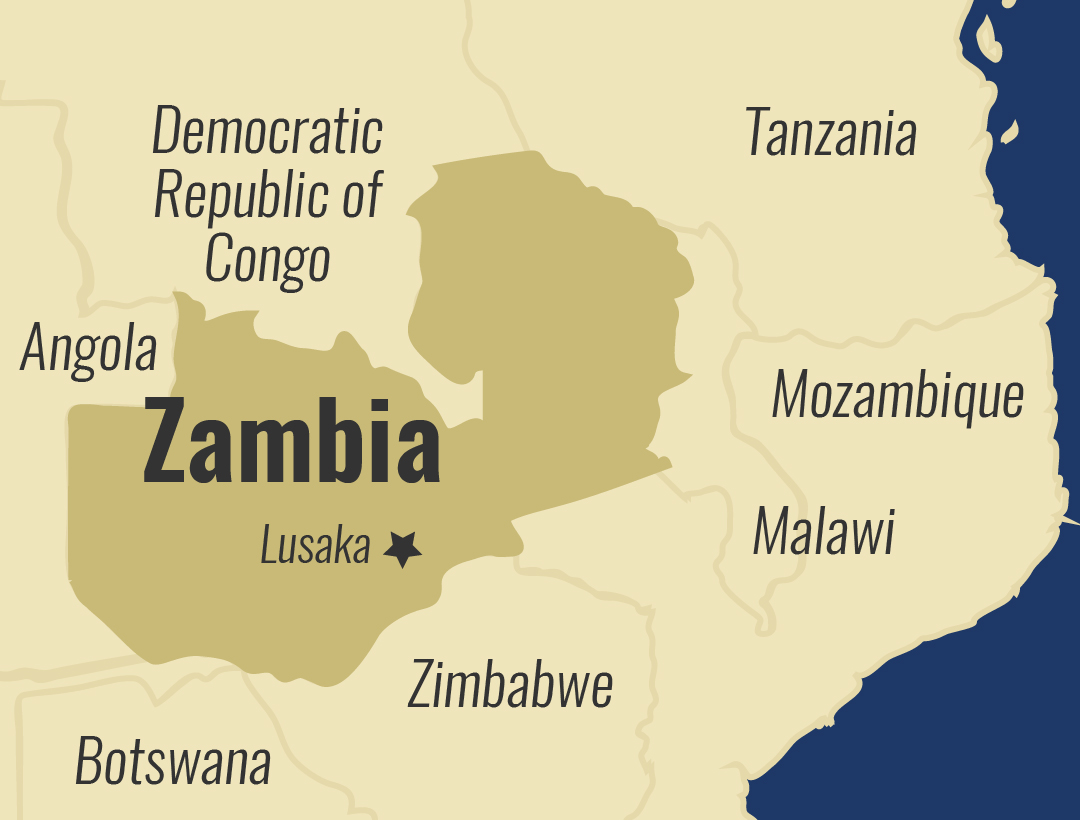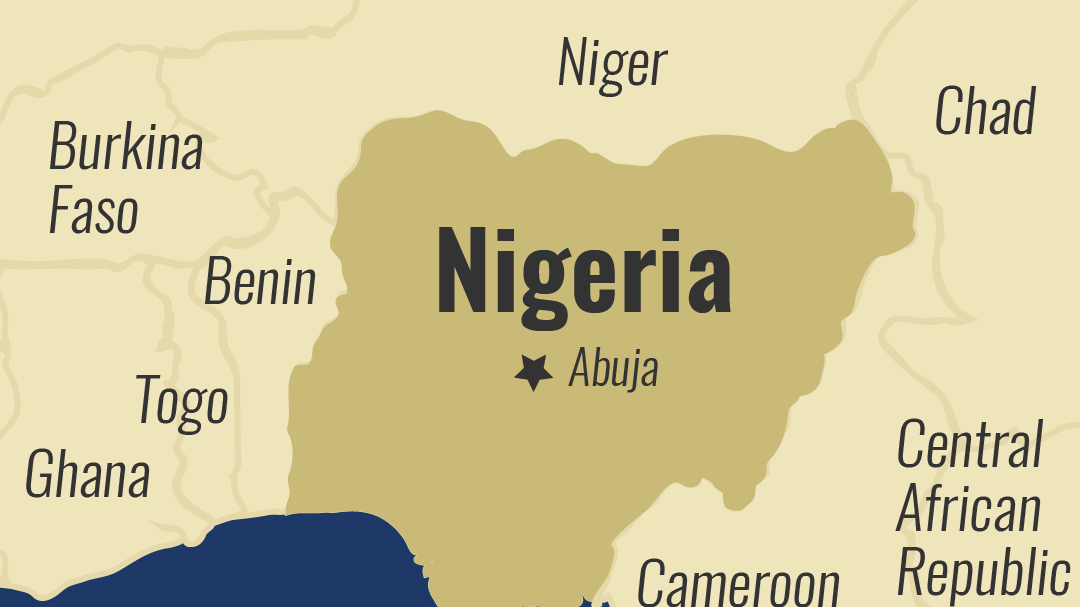
African executives say cyber threats rise during COVID-19 era

The threat of attack on digital infrastructure owned by Africa-based enterprises has increased during the COVID-19 era, executives said during a virtual briefing on Wednesday.
According to Sizwe Zikhali, a senior Solution Architect at Microsoft, cybercriminals escalated attacks on Africa-based enterprises during the early stages of COVID-19 pandemic in February.
“Sustained malware attacks against corporate organizations intensified in February when the initial COVID-19 cases were reported in the African continent,” said Zikhali.
He said that African businesses should have contingency plans in place to boost their cyber resilience in the face of sophisticated threats to their supply chains during the pandemic.
Nic Rudnick, Group CEO of pan-African Telecommunications firm, Liquid Telecom, said that cybercriminals have taken advantage of COVID-19 related disruptions to stage attacks on small and large business entities.
“Cybersecurity should be a priority for African businesses as the risk of attack on their networks increase during the COVID -19 period when remote work has become the norm,” said Rudnick.
He said that African enterprises should ramp up investments in cyber defenses to boost the security of data that has become a target for hackers and other organized criminal networks.
A survey commissioned by Liquid Telecom in August revealed that 57 percent of network managers in Africa reported a spike in cyber threats as the continent grappled with the COVID-19 pandemic.
Rudnick said that African enterprises should leverage on modern infrastructure, skilled workforce, and public awareness in order to boost their cyber resilience.
“We need a new cybersecurity vision for Africa as risks to businesses to increase rapidly. Companies should spend resources to protect data, networks, and voice services,” said Rudnick.
David Behr, Group chief digital officer at Liquid Telecom said that African enterprises have become more vulnerable to attacks on their networks and data stored in the cloud amid security lapses occasioned by remote working during the COVID-19 era.
“Africa businesses need to put a strong firewall around their data centers to avert breaches that would be costly to their bottom line and reputation, “said Behr.
He said that companies should prioritize enhanced vigilance and build the capacity of employees to detect and report potential attack on digital infrastructure






